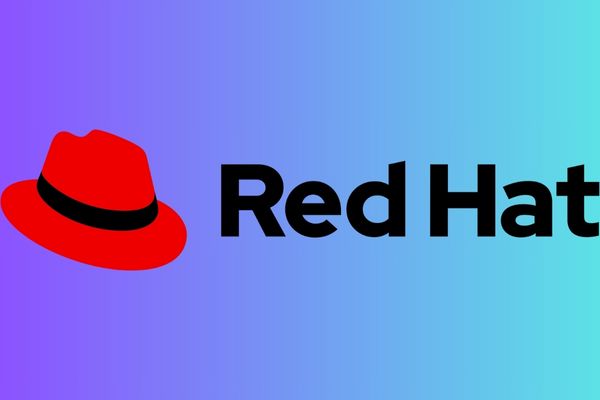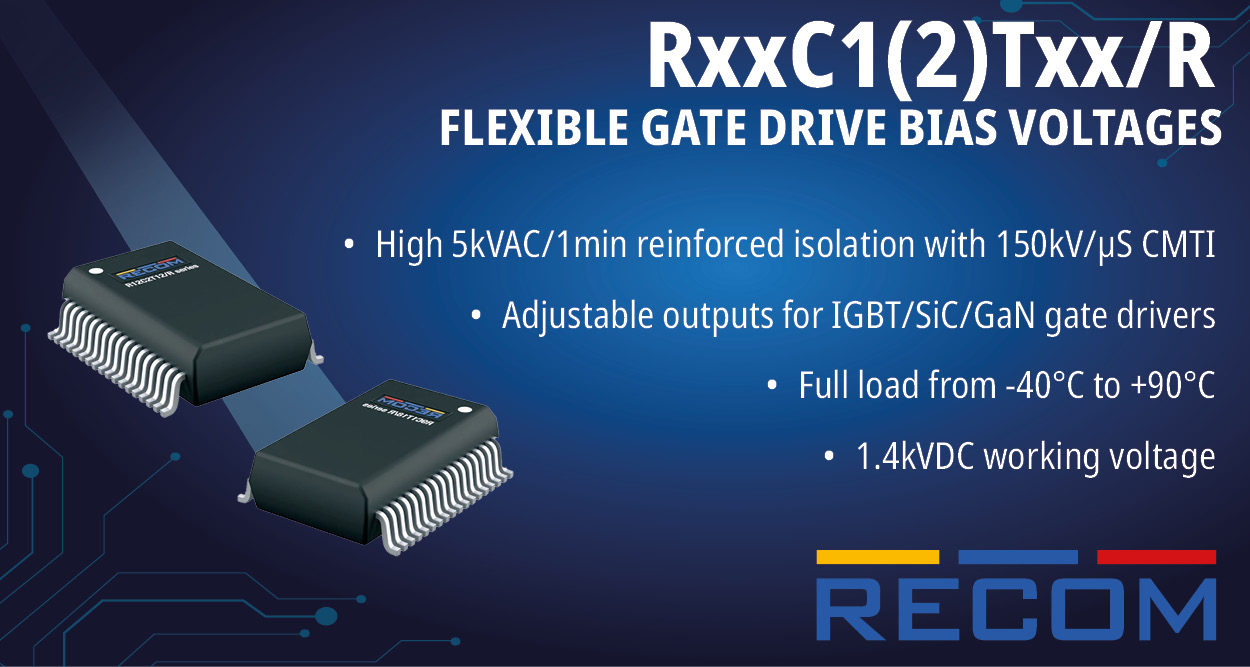Red Hat, the world’s leading provider of open source solutions introduced Red Hat Edge Manager, a new comprehensive fleet management solution for edge devices at scale. Available as a technology preview, Red Hat Edge Manager helps streamline edge computing infrastructure and application oversight from a single console, emphasizing end-to-end security capabilities, whether it’s thousands of dispersed retail point-of-sale systems or industrial machinery on remote factory floors.
Managing edge devices and software effectively requires seamless collaboration across organizations and systems, along with centralized management and orchestration of edge infrastructure and applications. This centralized approach also introduces a plethora of challenges, including connectivity demands, heterogeneous hardware, operational complexity and more. With these requirements in mind, Red Hat built Red Hat Edge Manager with the goal of providing an elastic, resilient experience while helping to reduce costs and enhance the control, software security footprint and visibility of thousands of edge sites. Red Hat Edge Manager includes:
●Fleet management: Customers can deploy apps and infrastructure through a policy-based approach of a desired state on a single- or multi-node plus configuration to achieve scale and operational efficiency.
●Skills gap mitigation: Address the knowledge and IT skill gap at edge locations by providing for a more user-friendly and easy-to-use environment with simplified management.
●Proactive device insights: Configure and monitor critical device resources with customizable alerts to track utilization. Capture metrics and logs to support effective issue remediation and operational awareness.
●Hardened device communications: Employ mutual Transport Layer Security (mTLS) for robust and authenticated agent service communication. Establish a consistent security posture that enables the prevention of impersonation or duplication of device identities through rigorous identity verification.
●Flexible management options: Choose the ideal deployment model for your strategy, with on-premises management that delivers comparable or greater value than cloud alternatives.
●Resilient agent architecture: Use a robust agent-based architecture for scalable device management, maintaining connectivity and control even in challenging network conditions, without complex network configurations.
●Lifecycle management: Provides secure device onboarding and decommissioning, as well as application and OS upgrades.
Optimized for modern container-centric workflows and with upcoming support for Red Hat Enterprise Linux image mode, Red Hat Edge Manager manages containerized workloads across Podman, Docker and Kubernetes. This enables users to define and deploy configurations and applications to individual devices or entire fleets with automated rollouts and real-time visibility into progress and device health.
Availability
Red Hat Edge Manager is now available as a technology preview, offering a glimpse into the future of edge management within Red Hat Device Edge.
Red Hat Summit
Join the Red Hat Summit keynotes to hear the latest from Red Hat executives, customers and partners:
● Modernized infrastructure meets enterprise-ready AI — Tuesday, May 20, 8-10 a.m. EDT (YouTube)
● Hybrid cloud evolves to deliver enterprise innovation — Wednesday, May 21, 8-9:30 a.m. EDT (YouTube)
Supporting Quote
Francis Chow, vice president and general manager, In-Vehicle Operating System and Edge, Red Hat
“Red Hat Edge Manager represents a bold step forward in empowering organizations to confidently manage their increasingly distributed edge. This technology preview offers a comprehensive and more secure foundation for achieving unprecedented scale and unlocking significant new value from edge deployments.”
Additional Resources
●Watch to learn more about Red Hat Edge Manager
● Learn more about device management at the edge[1]
● Learn more about Red Hat Summit
● See all of Red Hat’s announcements this week in the Red Hat Summit newsroom
● Follow @RedHatSummit or #RHSummit on X for event-specific upda
















